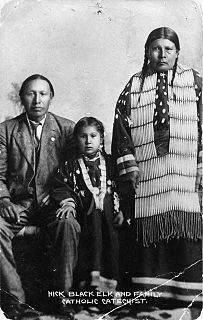A Quote by Nic Pizzolatto
In the summer of 2010, I was working on a version of 'True Detective' that I was thinking might be my next novel, and it was told in these two first-person voices; Cohle and Hart's voices.
Related Quotes
And I like a good horror story as much as the next person so long as they kill off some men too and not just girls. But the voices Joan heard were real. There’s clear and substantiated proof they were real. She won battles that would otherwise have been lost because of what those voices told her in advance of them allowing the French generals to strategize in ways completely different than they did before Joan came along. People’s lives were saved because of what those voices told her.
In a thousand voices singing the Hallelujah Chorus in Handel's "Messiah," it is possible to distinguish the leading voices, but the differences of training and cultivation between them and the voices in the chorus, are lost in the unity of purpose and in the fact that they are all human voices lifted by a high motive.
My father told me that some voices are so true they can be used as weapons, can maneuver the weather, change time. He said that a voice that powerful can walk away from the singer if it is shamed. After my father left us, I learned that some voices can deceive you. There is a top layer and there is a bottom, and they don't match.




































